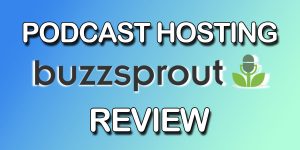In recent years, the question on many creators’ minds has been, “Should I start a podcast?” As podcasts experience exponential growth, with over 2 million active shows and countless monthly listeners, it’s tempting to join the fray. Yet, the allure of this medium also presents its own set of challenges.
Jump in as we explore whether you should join the world of podcasting!
Advantages of starting a podcast

Personal growth
Starting a podcast isn’t just about reaching audiences; it’s also a path to profound personal growth. As a podcast host, your ability to articulate thoughts sharpens with each episode. It’s like a real-time training ground where you refine your voice, clarify your ideas, and engagingly present them. The skill of conducting interviews, especially, can transform you. You learn to listen actively, ask insightful questions, and foster genuine conversations, all of which are invaluable in any professional or personal setting.
Moreover, consistently producing content in a specific niche can position you as a thought leader. The dedication and consistency required in starting a podcast can showcase your expertise, passion, and commitment to a subject.
Networking opportunities
Another proof of the fact that starting a podcast is worth it is the incredible networking opportunities. Starting a podcast can open doors to collaborating with fellow podcasters, exposing your content to their audience and vice versa. Beyond collaborations, there’s a thriving community eager to connect. Podcasting events and conferences abound, offering a chance to meet industry leaders, learn from the best, and foster meaningful relationships.
Potential monetization
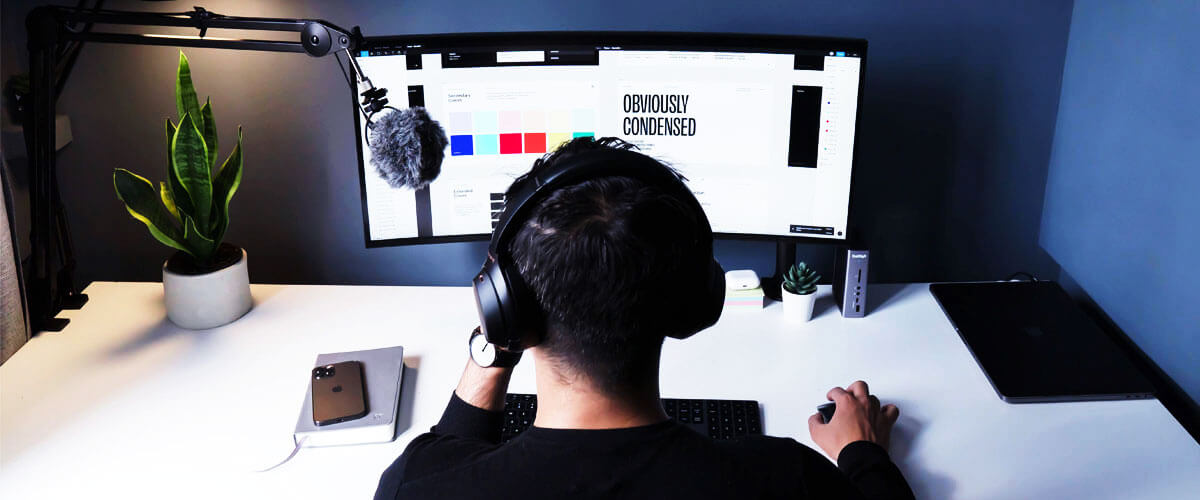
One major advantage of creating a podcast for me was potential monetization. Initially, I focused on content, but as my loyal audience grew, they trusted my recommendations. This trust unlocked opportunities: sponsorships aligned with my topics, targeted advertising resonating with my listeners, and authentic affiliate marketing partnerships.
With the right strategies, the monetization process can be seamless. Curious about the specifics? Explore how to monetize effectively. Your audience and content can indeed be a goldmine.
Flexibility and accessibility
Having dabbled in various media formats, I’ve found podcasting to offer a unique blend of flexibility and accessibility that’s hard to match. Unlike video production or broadcasting, which often requires expensive equipment and a dedicated setting, podcasting has a remarkably low barrier to entry. All I needed to kickstart my podcasting journey was a decent microphone and a stable internet connection.
This simplicity doesn’t mean compromise on reach. My voice, resonating from my cozy home studio, has connected with listeners from every corner of the globe. It’s empowering to know that with minimal investment, I can share my thoughts, stories, and expertise with an international audience. The on-demand nature of podcasts means listeners can tune in at their convenience, making it more personal and accessible than traditional radio.
Challenges and considerations
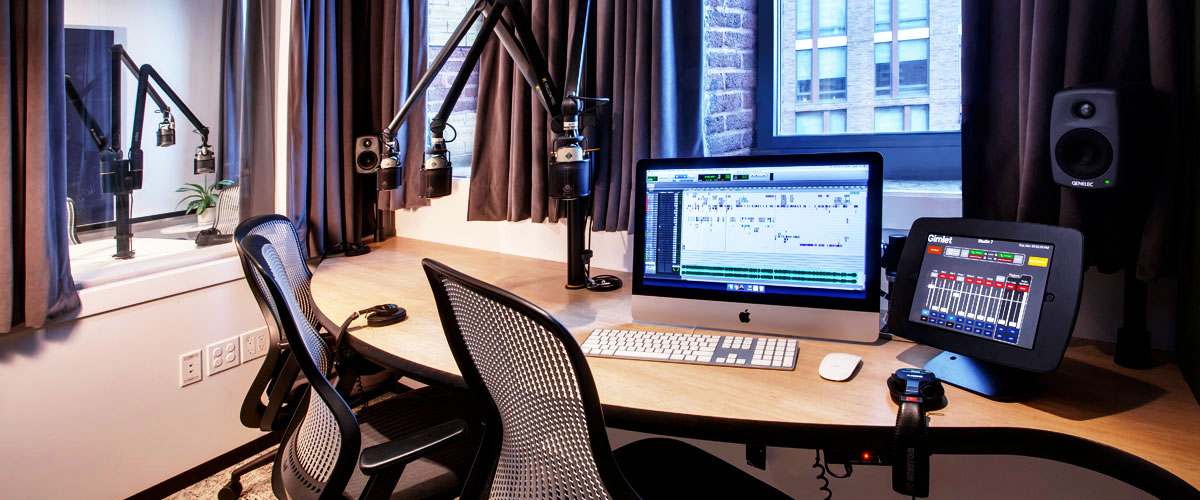
When I first considered starting my own podcast, I imagined it would be a straightforward process. Hit record, chat a bit, and voila! But as I ventured deeper, I realized there’s more beneath the surface than meets the eye.
Time commitment
The hours behind each episode often stretch far beyond the episode’s length. Researching, scripting, recording, editing, and promoting are all time-consuming tasks. For many, this isn’t their full-time gig—balancing a podcast with personal and professional commitments can become overwhelming. It’s not uncommon for creators to spend 10 or more hours on a single episode, especially in the early days of finding one’s groove.
Technical aspects
While many platforms are simplifying the process, the technical side of podcasting can be daunting for newcomers. Investing in quality microphones ensures better sound, and headphones are really important for editing. Familiarizing oneself with recording software might also have a learning curve. Ensuring consistent audio quality requires ongoing attention and potentially continual investment.
Market saturation
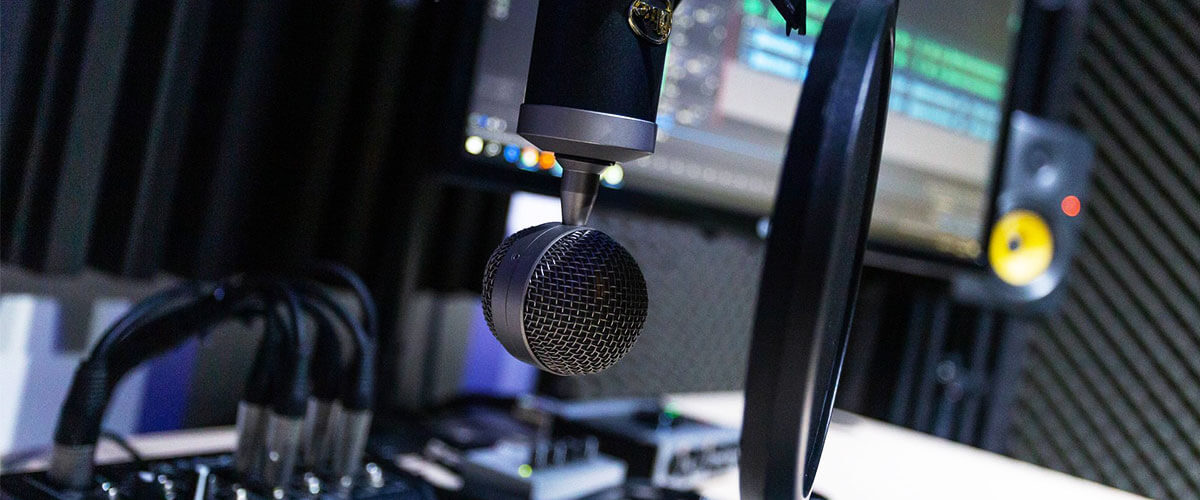
The allure of podcasting has led to a bustling market, with everyone from celebrities to your next-door neighbor hosting their shows. In such a saturated space, how does one ensure their voice is heard? Maintaining a consistent audience and even expanding it becomes a formidable task. The key lies in differentiating your podcast. Whether it’s a unique theme, a fresh approach, or a distinct voice, finding that “edge” can be the difference between getting lost in the noise and standing out.
Consistency is key
Regular episode releases play a pivotal role in audience retention and growth. If listeners anticipate your content, irregular posting can lead to drops in listenership. However, maintaining this rhythm can become taxing. A potential strategy? Group episodes into “seasons” or batches. This allows creators to record multiple episodes in a more condensed timeframe and then release them consistently. Alternatively, scheduling breaks and communicating them to your audience can also help. This ensures you maintain enthusiasm and energy, and your audience knows when to expect your return.
Key questions to ask yourself before starting
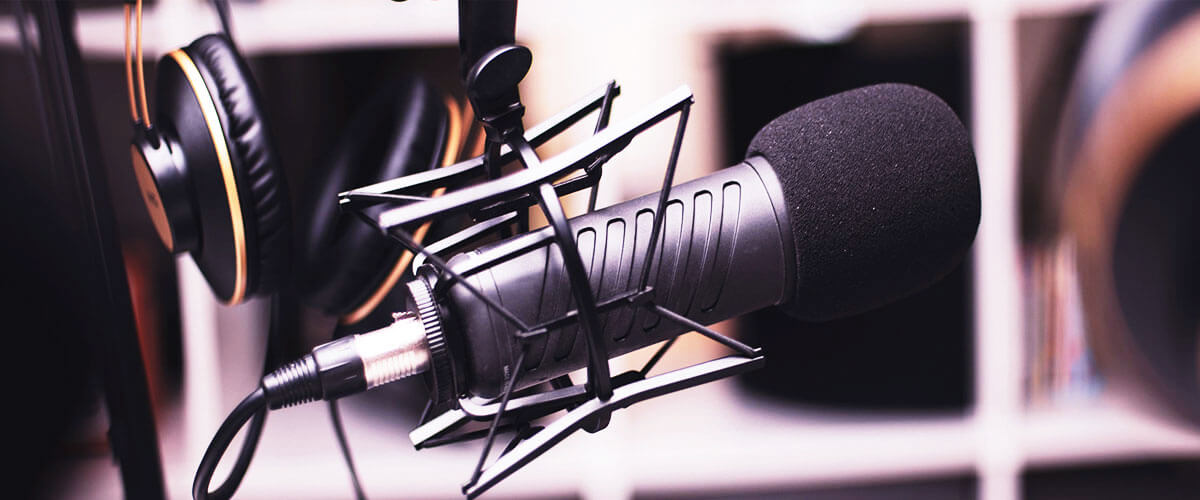
Embarking on the podcasting journey is exciting, but before you hit that record button, ask yourself, “Why should I start a podcast?” To make an informed decision, consider the following pivotal questions:
- Motivation: Think deeper about your motivations. Is your desire to share a story, educate, or simply have fun? Your underlying reasons will fuel your passion and consistency.
- Unique value proposition: With the plethora of podcasts out there, what makes yours stand out? Reflect on the unique or fresh perspectives you can offer listeners.
- Commitment level: Podcasting can be a marathon, not a sprint. Rate your willingness to stick with it, especially during phases of slow growth or unforeseen challenges.
- Resource evaluation: Do you have the necessary equipment, time, and perhaps even financial resources to sustain your podcast? You must be realistic about both tangible and intangible assets you can devote.
- Audience analysis: Picture your ideal listener. Do you represent or understand their needs and preferences? Crafting content that resonates will be the key to your podcast’s success.
Clarity in these areas can make the difference between a fleeting hobby and a successful long-term podcasting venture.
We are supported by our audience. When you purchase through links on our site, we may earn an affiliate commission at no extra cost to you.
Our newsletter
* We will never send you spam or share your email with third parties


